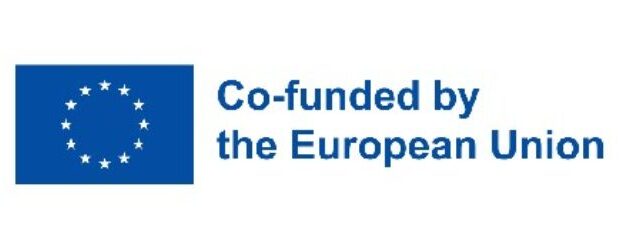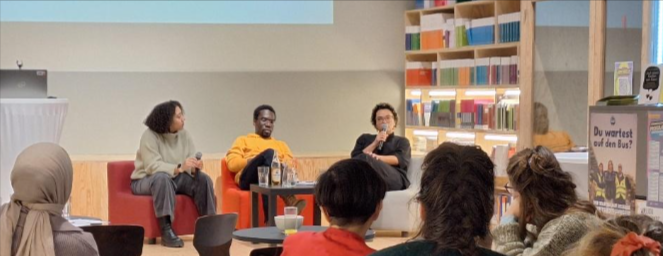HELCI Project partner higher education institutions have organized multiplier events to present the Handbook and Roadmap for Non-Discriminatory and Inclusive Universities.
Mykolas Romeris University held its event on December 6 at Vytautas Magnus University (Kaunas). The event was attended by Dr. Mantas Bileišis, Dean of the MRU Academy of Public Security, and gathered 56 attendees, of which 31 were external to the consortium, from institutions such as Vilnius University, Kaunas University of Technology, Lithuanian University of Health Sciences, secondary schools such as Kaunas Vyturis Gymnasium and Kaunas Jonas Jablonskis Gymnasium, as well as women’s organizations such as SOR – Kaunas Soroptimist Club.
The University of Salamanca organized two multiplier events: the first on January 16, 2025 at the Faculty of Psychology, and the second on January 17 at the IES Tierras de Abadengo. In total, 32 people from outside the consortium participated, linked to universities such as the Pontifical University of Salamanca (UPSA) and the Catholic University of Avila (UCAV), as well as other educational institutions (CEIP El Olivar, IES Fray Luis de León, C. Montessori, IES Vaguada de la Palma) and entities committed to the management of diversity and human rights, including the Pluralism and Coexistence Foundation, Ibn Battuta Foundation, Multiple Sclerosis Association of Salamanca, the General Directorate of Religious Diversity and the City Council of Santa Marta.
For its part, the University of Vienna held its multiplier event on January 20, 2025 entitled “Road(map) to Diversity”, at the FAKTory space in Vienna. Representatives from universities such as Donau Universität Krems, Österreichische Akademie der Wissenschaften and Medizinische Universität Wien, as well as civil society organizations such as UN Women Austria, Verein Zara, Kulturverein Klangfolger, Kulturverein Obsolet and D!SRUPT Verein attended, along with 17 people interested in diversity management and anti-racism.
The discussions that followed the presentation of the Manual and the Roadmap were particularly enriching and participatory, with interventions from both the panel and the audience. The main challenges of working on these issues in professional environments were addressed, highlighting the need for clear, persistent and example-based advocacy, as well as institutional support to move towards truly inclusive universities.

